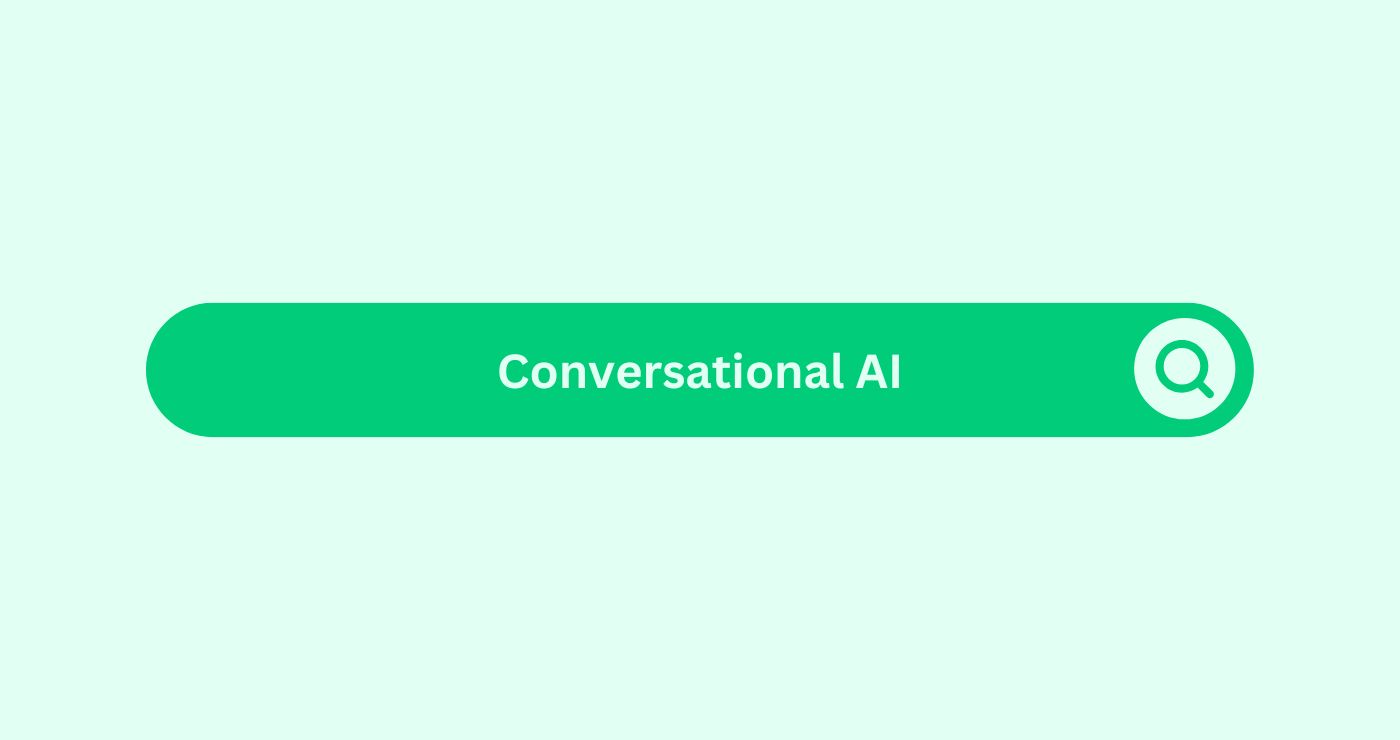Definition
Data mining in AI isn’t just some nerdy buzzword—it’s the secret sauce behind all those best moments marketers have. Picture this: you’ve got mountains of data just chilling, and then AI swoops in, crunches numbers, and suddenly you’re seeing patterns and trends you’d never spot on your own. We’re talking machine learning, stats wizardry, the whole nine yards.
In content marketingDefinition Content marketing strategically creates and share..., data mining is your backstage pass. We get the inside scoop on what your audienceDefinition The term "Audience" refers to the group of indivi... cares about—like which keywordsDefinition Keywords are crucial for SEO success as they conn... are hot, what content formatsDefinition In the SEO space, "formats" refer to the various ... are killing it, and what makes people stick around (or bounce faster than you can say “404 error”).
As we run an SEO company. We are digging through search data, figuring out what people want when they type something into Google, catching those sneaky keyword shifts before your competitors do, and tweaking the game plan to climb those rankings. If tracking who buys what, when, and why, then aim your content right at those sweet-spot segments. No more guessing. Just straight-up, laser-focused targeting.
If you’re a digital marketing agency in Auckland (shoutout to the Kiwis), data mining’s your crystal ball. You’re dishing out smarter content recommendations, predicting what topics will pop off next, and even forecasting trafficDefinition In the context of SEO (Search Engine Optimisation... like some kind of digital weatherperson. And let’s not forget those Auckland SEO pros—yeah, they’re out there mapping what the competition’s up to, sniffing out untapped opportunities, and riding the latest trends to launch campaigns that actually get eyeballs (not just crickets).
Bottom line? With AI-powered data mining, content marketers aren’t just saving heaps of time—they’re basically fortune tellers now. Every piece of content hits closer to what people actually want because, well, the numbers don’t lie.
Example
There are the rates, the whole shebang. Instead of just eyeballing the numbers and calling it a day, they let their AI buddy sift through the mess. Boom—turns out people are suddenly obsessed with “eco-friendly home solutions in NZ.” No one else has clocked it yet.
So, the team pounces. They crank out a bunch of content loaded with those impact keywordsDefinition Keywords are crucial for SEO success as they conn.... Not the boring, robotic stuff either—actual writing people want to read. Fast-forward a month: organic trafficDefinition In the context of SEO (Search Engine Optimisation... explodes, up 58%. Who doesn’t love numbers like that?
And it doesn’t stop there. Performance marketing types are all over this too. They take those insights and give their ads a facelift—sharper copy, punchier landing page headlines, the works. Since they’re literally speaking the language their audienceDefinition The term "Audience" refers to the group of indivi... is searching for, click-through rates shoot up. It’s like digital mind-reading, but way less creepy.
Easy Calculations
Measuring Impact of Data Mining in SEO and Content
| Metric | Formula | Example Values | Outcome |
|---|---|---|---|
| TrafficDefinition In the context of SEO (Search Engine Optimisation... Growth from Trends | (New Visitors – Old Visitors) / Old × 100 | (8,500 – 5,400) / 5,400 × 100 | 57.4% Increase in Organic TrafficDefinition In the context of SEO (Search Engine Optimisation... |
| Conversion RateDefinition Conversion Rate in the SEO space refers to the pe... Lift | (New – Old Conversions) / Old × 100 | (210 – 130) / 130 × 100 | 61.5% Growth in Conversions |
| Keyword Opportunity Rate | (New SEO KeywordsDefinition Keywords are crucial for SEO success as they conn... / Total KeywordsDefinition Keywords are crucial for SEO success as they conn...) × 100 | (75 / 300) × 100 | 25% Keyword Opportunity Coverage |
| Content Gap Detection Rate | (Gaps Found / Topics Analysed) × 100 | (24 / 60) × 100 | 40% Gaps Identified |
| CampaignDefinition An SEO campaign involves focused, Organised effor... Efficiency Gain | Manual Hours – AI Hours | 45 hrs – 18 hrs | 27 Hours Saved |
5 Key Takeaways
- Data Mining allows SEO professionals to extract deep insights from complex datasets, revealing hidden keyword opportunities.
- Performance marketing agencies gain better audienceDefinition The term "Audience" refers to the group of indivi... segmentation, enabling precise content delivery.
- Auckland SEO experts apply mined data to outperform competitors by addressing underused high-demand search terms.
- Predictive data patterns help digital marketing Auckland teams plan campaigns based on future content trends.
- By automating analyticsDefinition In SEO, analytics involves collecting, measuring,..., marketers reduce resource costs and increase ROI through data-backed strategies.
FAQs
How does data mining improve SEO?
It uncovers high-performing keyword trends, improves content targeting, and enhances search rankings through informed optimisation.
Can small businesses benefit from data mining?
Yes. Even small-scale teams can use AI tools to gather market insights, identify local keyword trends, and optimise content affordably.
What kind of data does data mining analyse?
It processes web trafficDefinition In the context of SEO (Search Engine Optimisation... logs, user queries, social signals, competitor content, and engagementDefinition Engagement in content marketing refers to the deg... metricsWhat are Metrics in the context of SEO? Metrics in SEO refer... for actionable insights.
Is data mining useful for performance marketing?
Absolutely. It identifies which content formatsDefinition In the SEO space, "formats" refer to the various ... drive conversions and pinpoints where ad campaigns can be optimised.
Does data mining help with content planning?
Yes. It reveals trending topics, detects content gaps, and predicts which formatsDefinition In the SEO space, "formats" refer to the various ... will perform best, guiding effective content strategyDefinition Content strategy involves planning, creating, pub....




